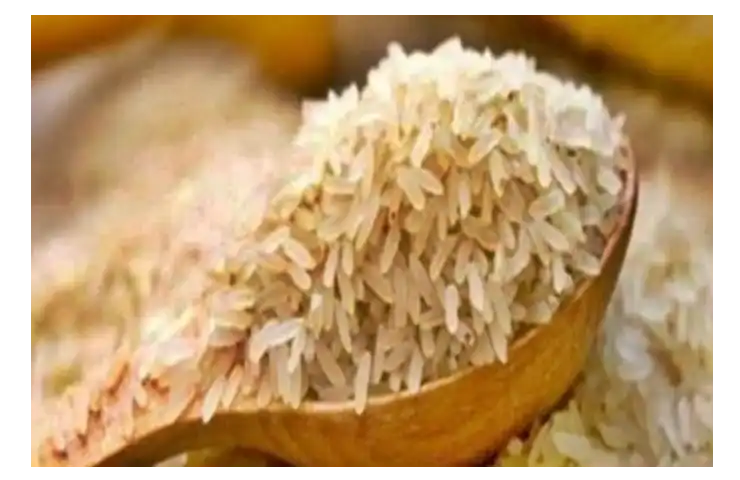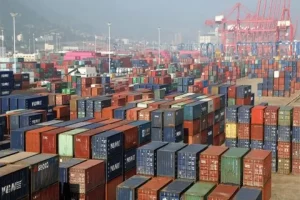India may remain at the top of the chart as the world’s largest supplier of rice despite imposing stringent restrictions on exports of the grain in September. According to Worldstopexports, India was the top exporter of the grain supplying 37.5 per cent of the total share. Though the ban on exports of broken rice has dented its market somewhat, the overall outbound shipment will not be impacted much. The policy restricting exports primarily impacts the broken rice category. Besides, the Centre imposed a 20 per cent export tariff on non-basmati and non-parboiled rice shipments.
According to the All India Rice Exporters’ Association, India registered a 11.5 per cent growth in exports of basmati rice. Exports to the Middle East rose by 11.11 per cent. In the non basmati category, India clocked a growth of 5.6 per cent. However, there has been a drop of 12.8 per cent in exports of non basmati in October compared to the corresponding month in the previous year.
“With the ban, there has been a dip in exports but despite that we may remain at the top of the chart as the largest exporter of rice due to sheer volume..whatever data is available to use until now goes on to show that India is at the top slot,” Vinod Kaul, senior executive director, All India Rice Exporters’ Association, told India Narrative.
The United States Department of Agriculture (USDA) in its report said that India’s rice exports may decline to 19.5 MT in 2023 from a record 21 MT of shipment this year. It added that India remains the most competitively-priced source for rice in Asia.
Indian rice priced at less than $400 a tonne, is still cheaper compared to the grain sold by Thailand, Vietnam and Pakistan.
Earlier, the government, in an official statement, said the export of broken rice increased by more than 43 times in the past four years. It added that there has been a rise in global demand for broken rice due to a geopolitical scenario which has impacted price movement of commodities including those related to animal feed.



















